uncooked supplies and labor to the dominant European civilization after and the resulting schism between today’s developed and don’t tread on me liberty or death politics flag developing nations. Developing regions all through the world held super stores of pure wealth, a few of it like petroleum having obvious financial value within the dominant
don’t tread on me liberty or death politics flag
Island between and AD to the Nineteen Thirties Dust Bowl of North America, civilizations or methods of life have prospered and failed by utilizing and abusing pure resources. Policies and plans generated by economists, technologists, engineers, and even ecologists typically assume that lost and broken elements of residing methods are unimportant or may be repaired or changed. Widespread ecological degradation has resulted directly from the failure of modern society to properly assess the ecological dangers it faces. Like the destiny of Old Kingdom Egypt or Easter Island, our civilization’s future is determined by our capacity to recognize this deficiency and correct it. According to the Global Footprint Network, nationwide ecological footprints in ranged from a excessive of . ha per particular person for the United Arab Emirates to .four ha per individual for Timor-Leste and . for Afghanistan and Bangladesh. The United States’ ecological footprint eight.zero ha per particular person tied for fourth amongst nations with don’t tread on me liberty or death politics flag populations of at least million. One hundred of these nations function beneath ecological deficits; that’s, their consumption exceeds the organic capability of their lands and waters to furnish needed assets and absorb their wastes. At their present charges of consumption, these nations are therefore overexploiting both their own resources or those of different nations. As environmental concerns have become more urgent and governmental and nongovernmental organizations have struggled to outline and implement the idea of sustainable growth the trouble has grown to create indicator techniques that explicitly direct the public’s and policymakers’ consideration to the worth of living things. Moving nicely past solely financial indexes like GDP, several indexes have been developed to integrate ecological, social, and financial well-being. Over the past few many years, efforts have been made to create less blinkered financial indicators. Social scientists Herman Daly and John Cobb in developed an index of sustainable economic welfare, which adjusts the United States’ GNP by adding in environmental good things and subtracting environmental bad things. Public expenditures on schooling, for example, are weighted as “goods,” whereas prices of pollution cleanup, depletion of pure sources, and treating environment-related sicknesses are counted as “bads.”
Unlike the soaring GDP of latest a long time, this index of sustainable economic welfare remained practically unchanged over the same period. In impact, each GNP and GDP measure cash changing arms, no matter what the money pays for; they make no distinction between what’s fascinating and undesirable, between prices and benefits. Both indicators ignore essential aspects of the economy like unpaid work or nonmonetary contributions to human success parenting, volunteering, checking books out of the library. Worse, the symptoms also omit social and environmental costs, such as pollution, sickness, or useful resource depletion; they only add and do not subtract. GDP math adds within the value of paid daycare or a hospital stay and ignores the worth of unpaid parenting or care given at home by household or pals. It provides within the value of timber offered but fails to subtract the losses in biodiversity, watershed safety, or climate regulation when a forest is reduce. For most of human history, people remained tied to their natural environment. Even as agriculture, writing, and technology advanced, obstacles of geography, language, and culture kept individuals a diverse lot, each group depending on principally native and regional knowledge about where and when to find assets necessary for survival. Their worldviews, and ensuing economies, reflected this dependency. If scientists have realized anything in regards to the components leading to biotic impoverishment, they’ve learned that the factors’ cumulative effects can take on shocking dimensions. As scholars like Fagan and Diamond have detailed, the a number of stresses of worldwide climatic cycles such as El Niño, natural events like droughts or floods, useful resource depletion, and social upheaval have formed the fates of civilizations. But maybe the grossest example of human and environmental domination resulting in continued injustice is the creation of a so-called third world to produce
Click to buy don’t tread on me liberty or death politics flag and hope you like
See more in here: https://owndesignshirt.com/product/the-best-selling-pink-floyd-band-full-printing-hawaiian-shirt/

















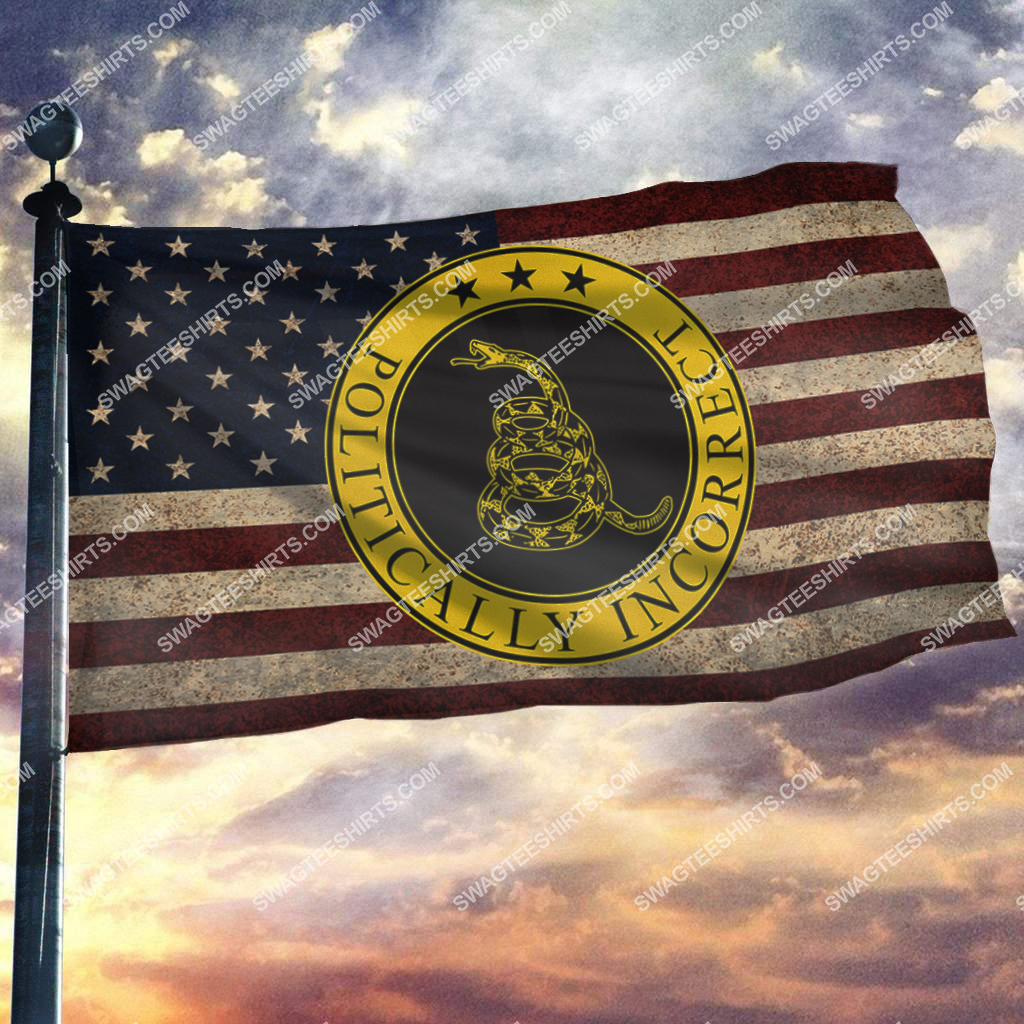






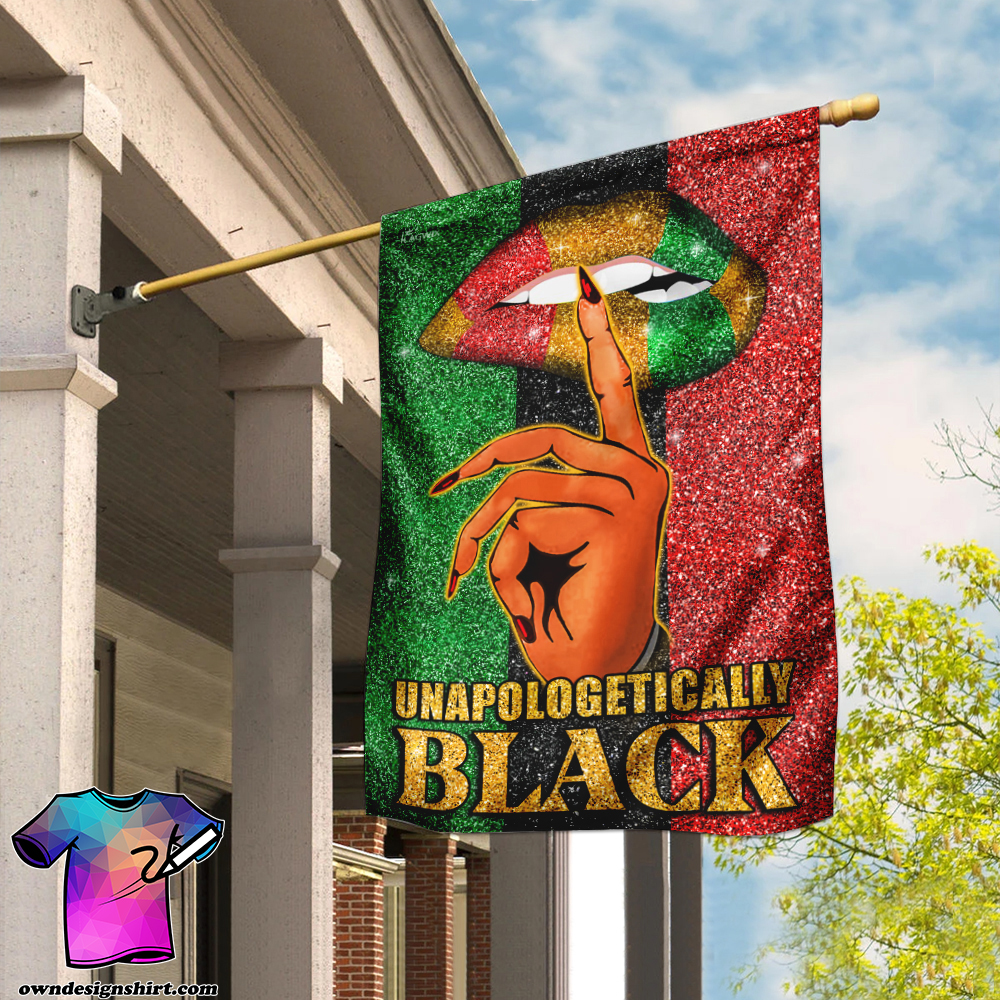
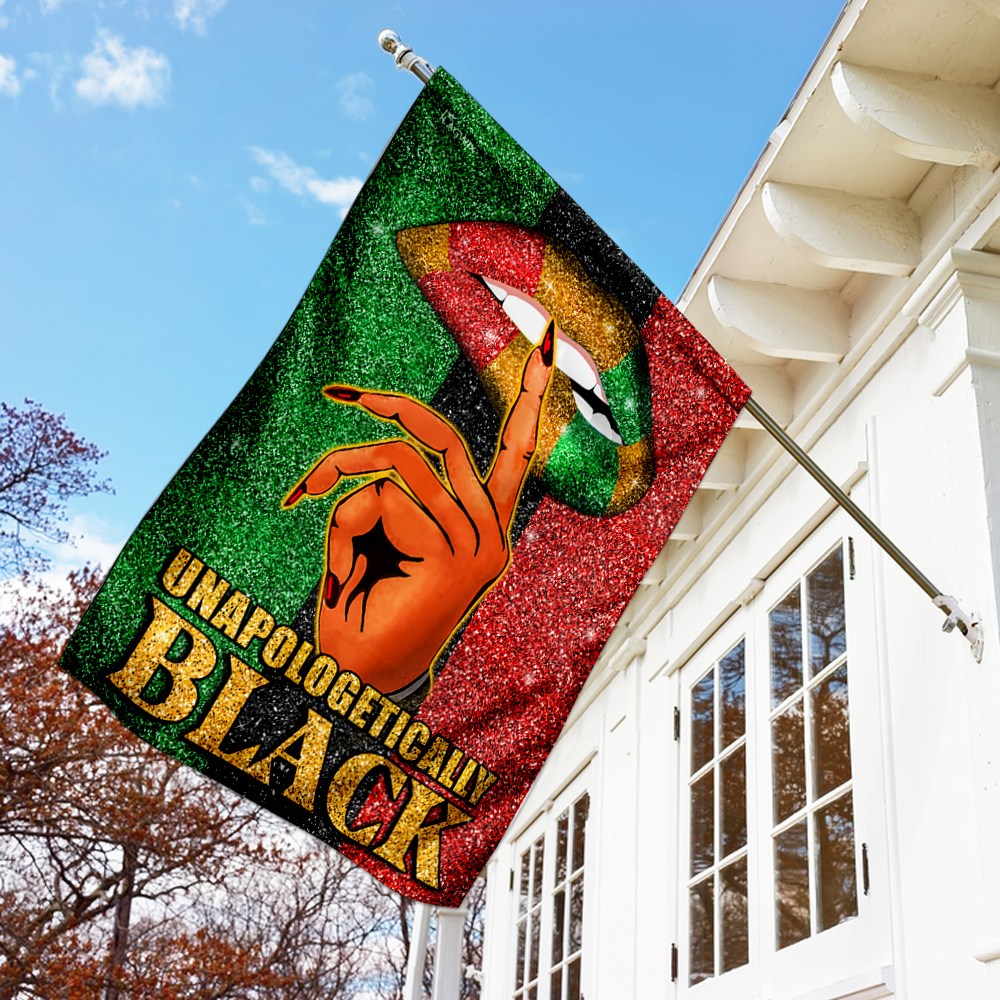
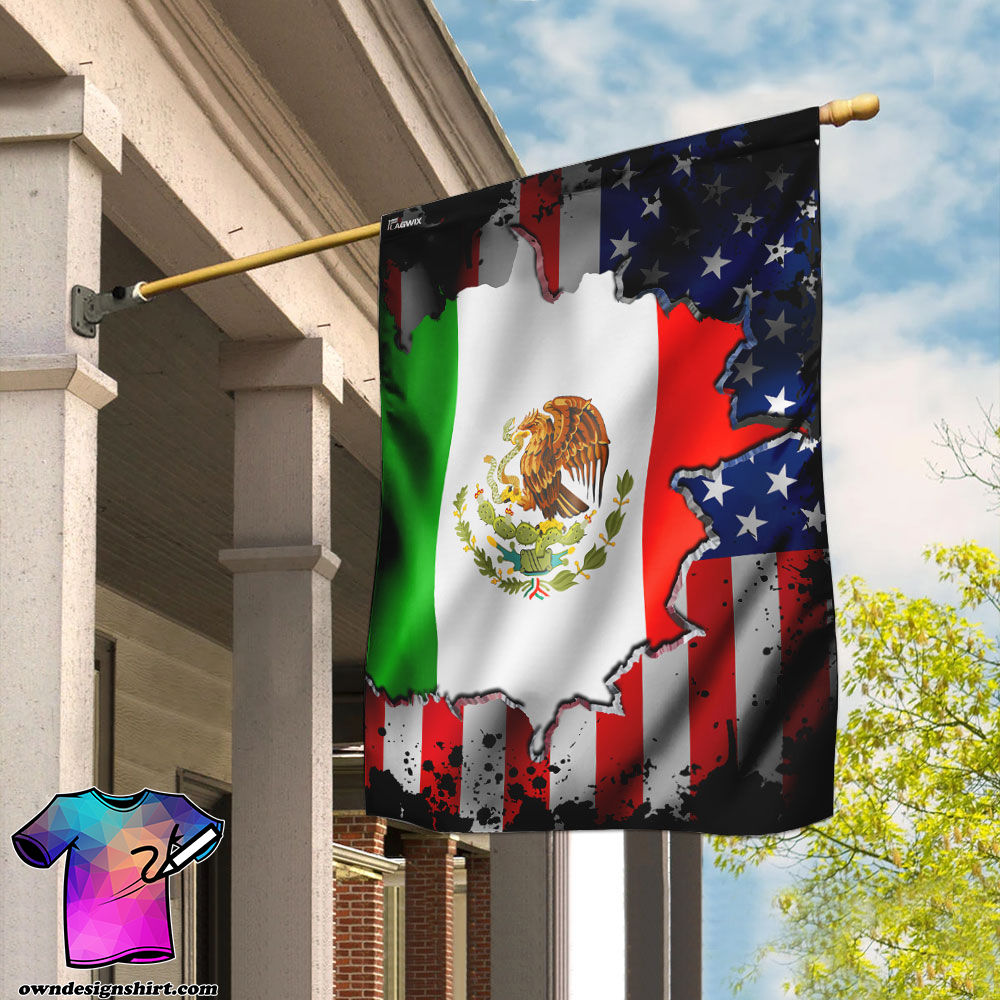
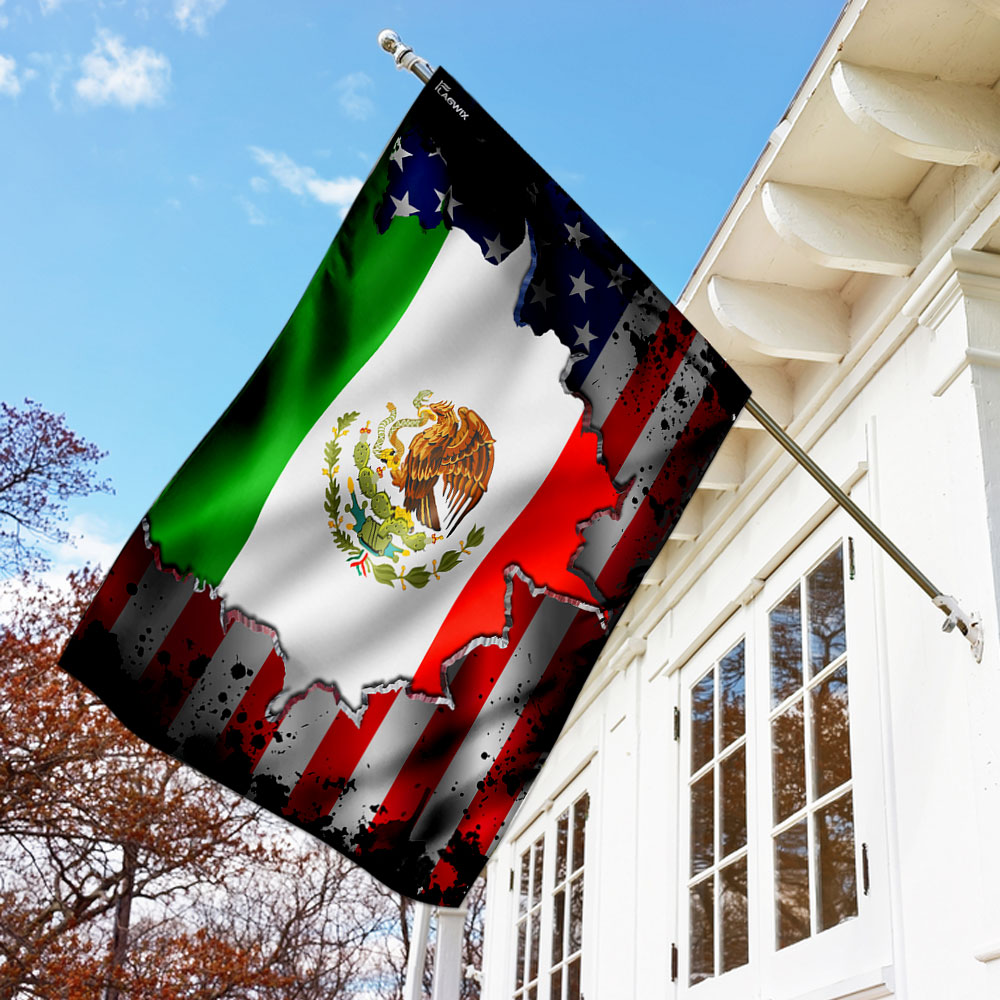

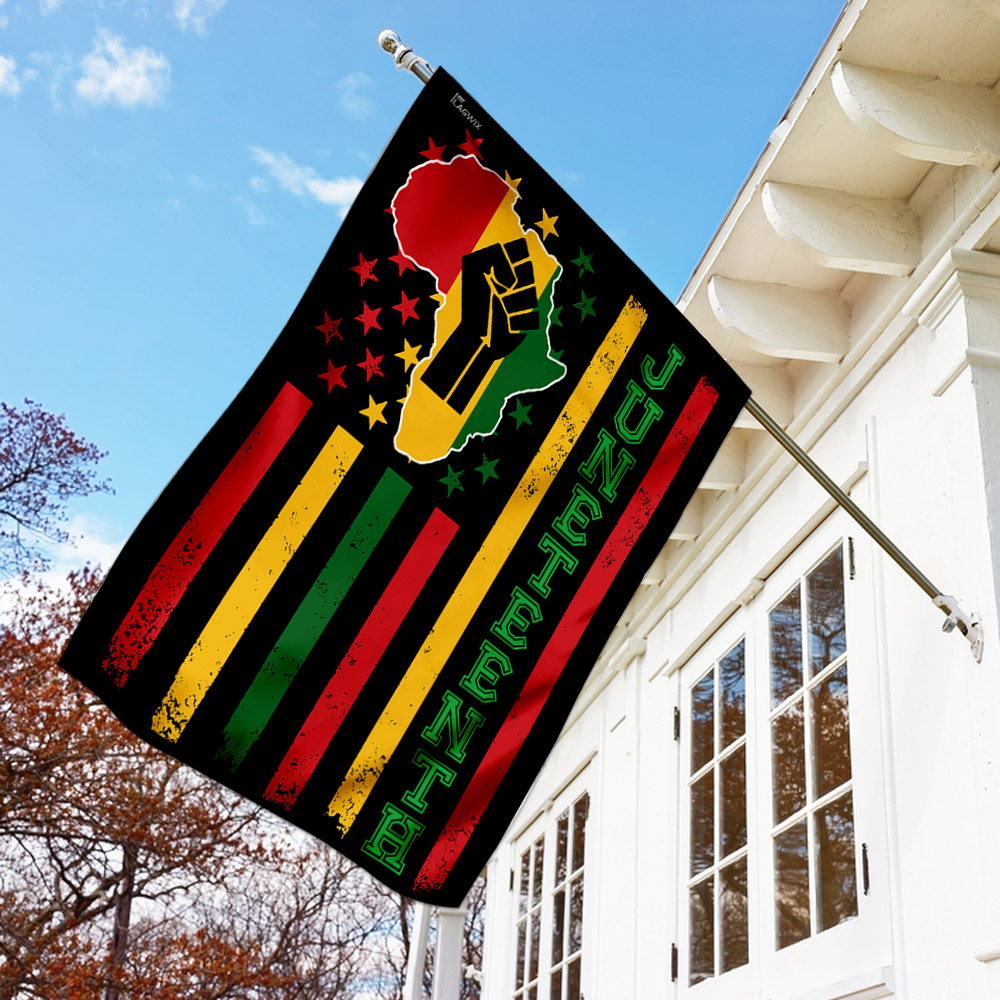

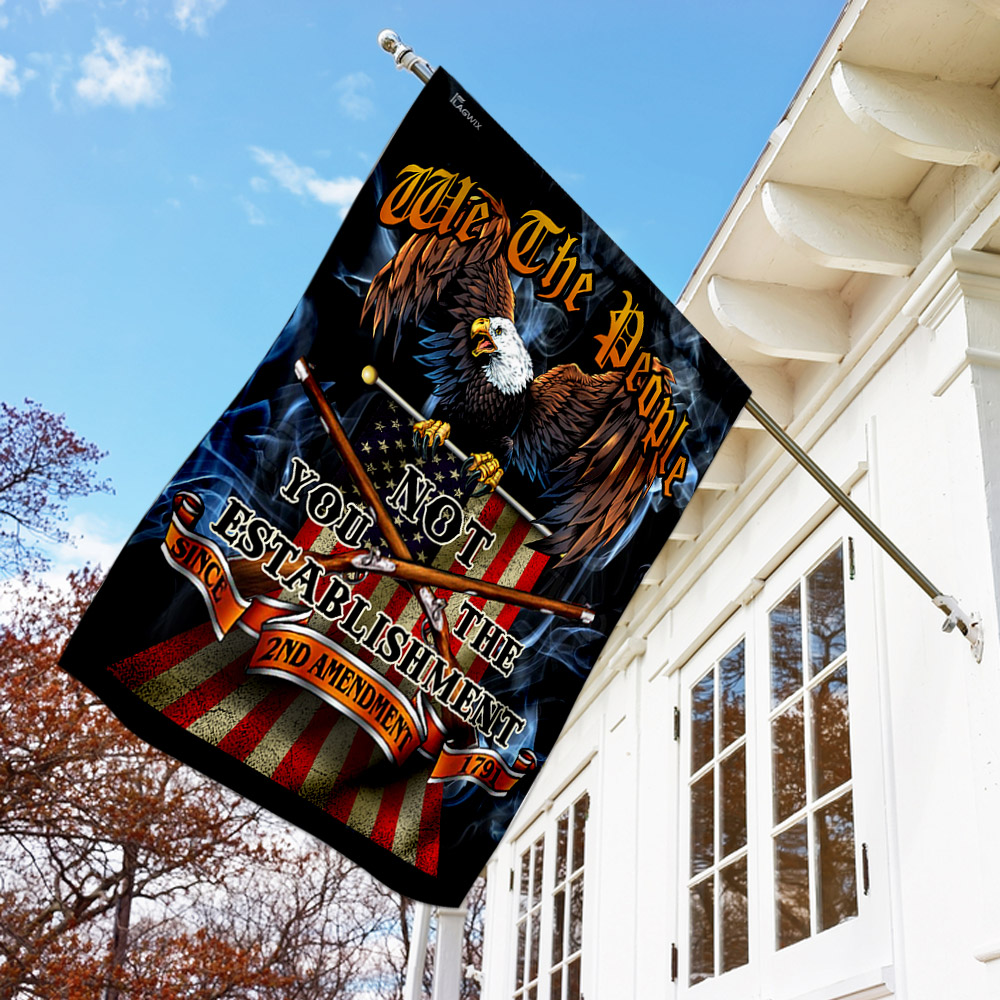

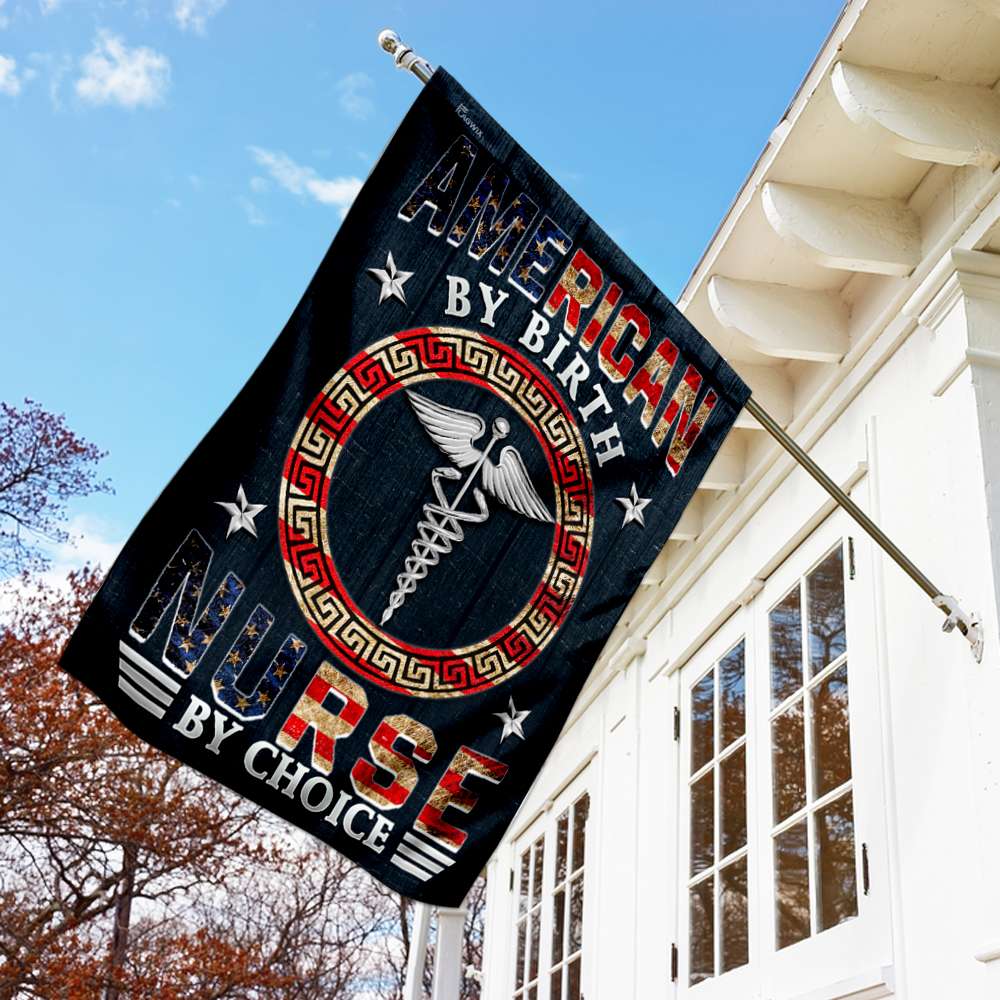
Reviews
There are no reviews yet.